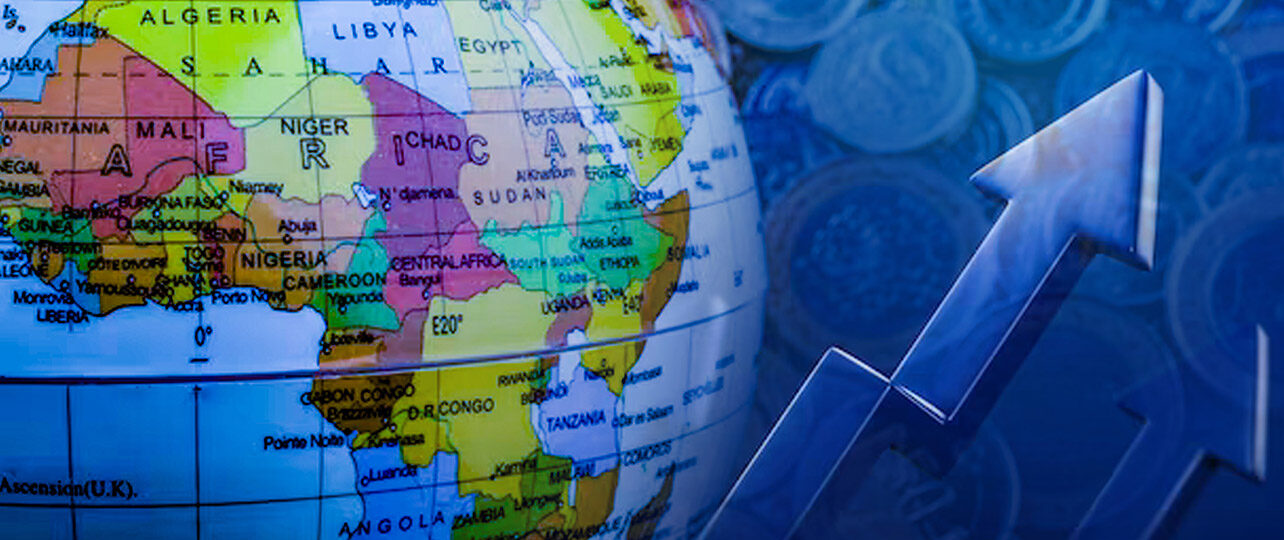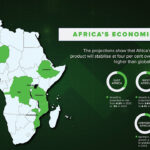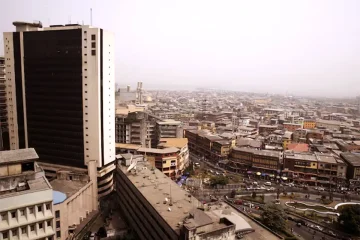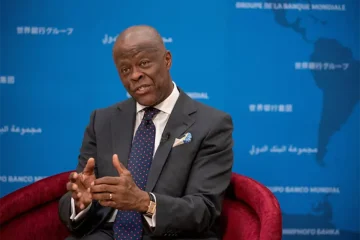ELEVEN of the world’s 20 fastest-growing economies will be in Africa in 2024, according to new forecasts from the African Development Bank (AfDB), despite recent shocks like inflation, increased debt and higher interest rates.
The 2024 outlook adds some zing to a solid if patchy performance in 2023, when 15 African states posted growth rates of over 5%. Growth in 2024 will push the combined continental GDP to around US$3.5 trillion, according to German data research firm, Statista.
Economic acceleration across the continent stems from structural shifts, enhanced infrastructure, and investment-driven productivity, signalling a robust continental revival.
“Growth in Africa’s top-performing economies has benefitted from a range of factors, including declining commodity dependence through economic diversification, increasing strategic investment in key growth sectors, and rising both public and private consumption, as well as positive developments in key export markets,” the AfDB’s Chief Economist and Vice President, Kevin Urama, said.
The bank’s latest Macroeconomic Performance and Outlook (MEO) report forecasts that real GDP growth for Africa will average 3.8% in 2024 and 4.2% in 2025.
That is above the projected global averages of 2.9% and 3.2%, respectively, establishing the continent as the second-fastest-growing region globally, just behind Asia.
Niger’s economy, despite its recent political turmoil including a coup last year, will grow by 11.2%, posting Africa’s only two-digit growth story.
Ethiopia, as recently as 2019 one of Africa’s brightest economic spots, seems to be returning to its former trajectory, with an expected growth of 6.7% this year.
Libya’s economy will swell by 7.9% as it shows underlying strength despite a freak disaster in 2023 which saw two dams collapse, killing thousands in the city of Derna, and a simmering civil conflict that has split the country since the Arab Spring which ousted ex-leader Muammar Gaddafi.
Other African nations in the top-20 are Senegal (8.2%), Rwanda (7.2%), Cote d’Ivoire (6.8%), Benin (6.4%), Djibouti (6.2%), Tanzania (6.1%), Togo (6%), and Uganda (6%).
Africa’s economic expansion is expected to gain momentum if the global economy stays resilient.
Swelling disinflation, robust investment in infrastructure, and continued advancements in debt restructuring and fiscal consolidation will need to stay the course through 2024 if the predictions are to hold.
Akinwumi Adesina, AfDB President called for larger pools of financing and several policy interventions to further boost Africa’s growth above 2023 levels.
Adesina notes that fiscal deficits have improved, as faster-than-expected recovery from the pandemic helped shore up revenue.
“This has led to a stabilisation of the average fiscal deficit at 4.9% in 2023, like 2022, but significantly less than the 6.9% average fiscal deficit of 2020. The stabilisation is also due to the fiscal consolidation measures, especially in countries with elevated risks of debt distress,” he added.
Africa’s economy began to recover in 2021 from COVID-19’s severe impact, with its GDP rising by an estimated 6.9%, surpassing global and regional growth averages.
Notably, PMI readings for Egypt, Kenya, Nigeria, and South Africa, representing 52% of Africa’s GDP, exceeded the 50-point mark in report, nearing pre-pandemic levels and indicating economic improvement.
This recovery followed a 1.6% contraction in 2020. North Africa and East Africa led the growth rates at 11.7% and 4.8%, respectively, fueled by recovering oil prices, global demand, and increased household spending and investment post-restriction easing.
If growth continues on its current trajectory, Africa could even reclaim its recent status as the world’s fastest-growing economic region.














